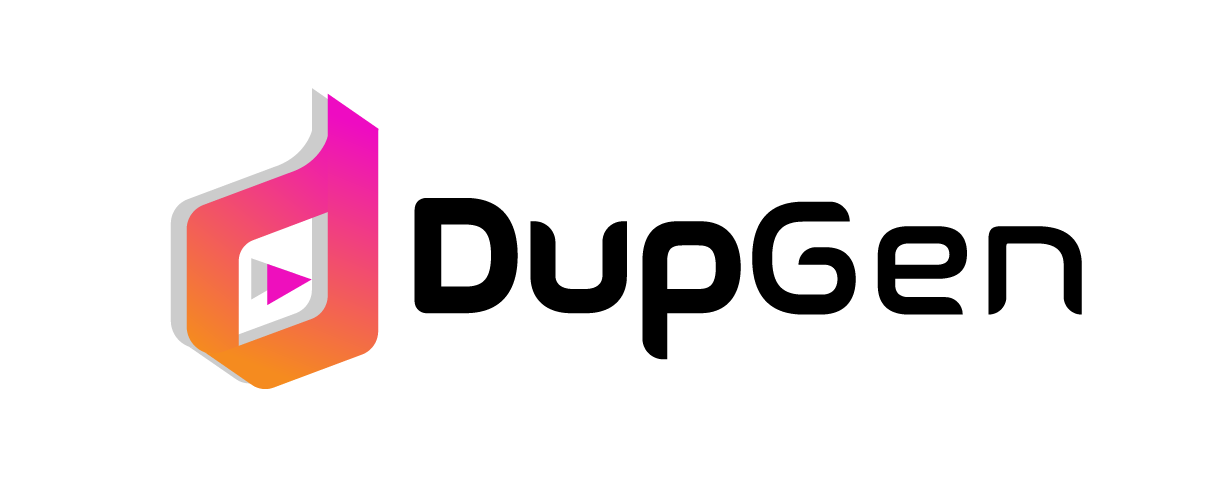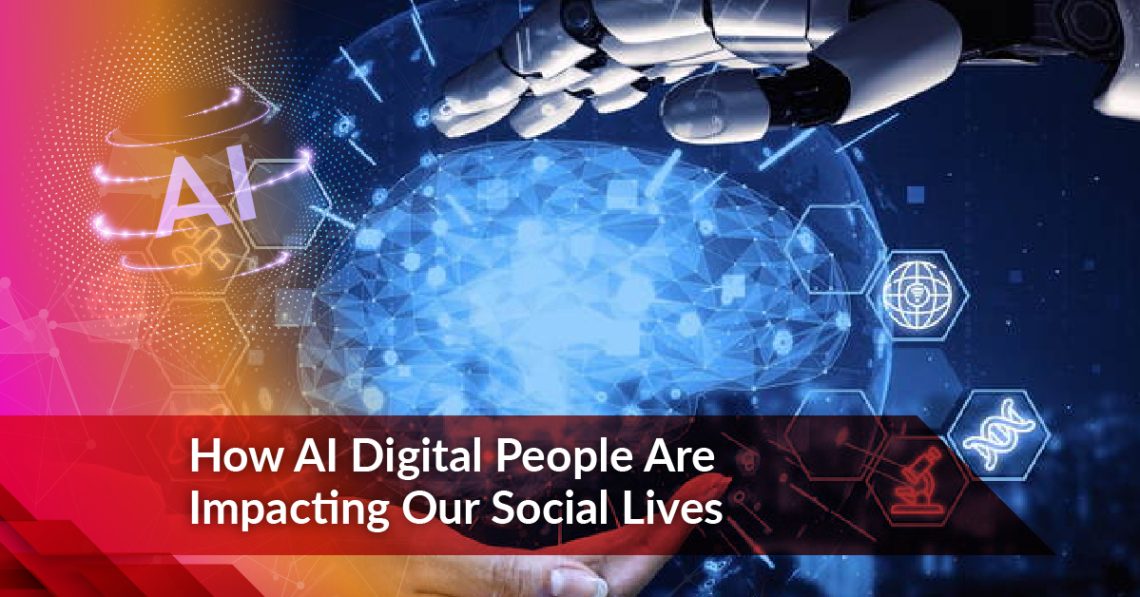In recent years, artificial intelligence (AI) has advanced rapidly, leading to the emergence of AI digital people—virtual entities capable of interacting with humans in ways previously thought to be exclusive to real people. From virtual assistants to digital avatars, these AI-driven personas are reshaping our social landscape. This blog explores the various ways AI digital people are impacting our social lives, both positively and negatively.
1. Enhancing Communication
AI digital people are revolutionizing the way we communicate. Virtual assistants like Siri, Google Assistant, and Alexa have become integral parts of our daily routines, helping us manage tasks, answer questions, and even engage in casual conversations. These digital companions make communication more accessible, especially for individuals with disabilities or those who may struggle with traditional communication methods.
Moreover, AI chatbots on social media platforms and websites are improving customer service experiences. They provide instant responses, reducing wait times and enhancing user satisfaction. This 24/7 availability means that we can connect with businesses and services at any time, fostering a more connected world.
2. Redefining Relationships
AI digital people are also redefining relationships, both personal and professional. Virtual influencers and digital avatars are gaining popularity on social media platforms, with millions of followers. These AI-generated personas are often designed to embody specific values or aesthetics, making them relatable to various audiences. Brands collaborate with these digital influencers to market products, blurring the lines between reality and virtuality.
On a personal level, AI companions are emerging as alternatives to human interaction. For instance, apps like Replika allow users to create personalized chatbots that simulate friendship. While this can provide comfort and companionship, it raises questions about the quality of our relationships and whether digital connections can genuinely replace human interactions.
3. Shaping Entertainment and Media
AI digital people are transforming the entertainment industry. Virtual characters in video games and movies are becoming more lifelike, thanks to advancements in AI and graphics technology. Digital actors can be programmed to portray a range of emotions and actions, allowing for more immersive storytelling experiences.
Additionally, AI-generated content, such as music and art, is gaining traction. Platforms like OpenAI’s DALL-E and Jukedeck enable users to create original artwork and music through AI algorithms. While this democratizes creativity, it also raises concerns about originality and the future of human artistry.
4. Influencing Social Behavior
As AI digital people become more integrated into our lives, they can influence our social behavior and norms. For example, interactions with AI companions may change our expectations of empathy and understanding in human relationships. If we become accustomed to conversing with empathetic AI, we might expect the same from our human interactions, leading to potential disappointment or misunderstandings.
Moreover, AI can also affect our decision-making processes. Algorithms that recommend content or products based on our preferences can shape our opinions and behaviors. This “filter bubble” effect raises concerns about echo chambers and the potential for manipulation.
5. Ethical Considerations
The rise of AI digital people comes with significant ethical considerations. As these virtual entities become more realistic and prevalent, issues surrounding privacy, consent, and accountability arise. For example, the use of AI-generated images or deepfakes can lead to misinformation and manipulation, making it challenging to discern reality from fiction.
Furthermore, the potential for AI digital people to exploit emotional vulnerabilities poses a risk. As people may form attachments to AI companions, it becomes essential to consider the implications of these relationships on mental health and well-being.
Conclusion
AI digital people are undeniably impacting our social lives in multifaceted ways. From enhancing communication and redefining relationships to shaping entertainment and influencing behavior, these virtual entities are transforming how we interact with technology and each other. However, as we embrace the benefits of AI, we must remain vigilant about the ethical challenges and implications that arise.
Ultimately, the integration of AI digital people into our social fabric presents an opportunity for innovation and connection, but it also necessitates careful consideration of the values and norms we wish to uphold in our increasingly digital world. As we navigate this new landscape, it’s crucial to foster a balance between the advantages of AI and the irreplaceable value of genuine human connection.
Are you ready to dive deeper into the topics you love? Visit our website and discover a treasure trove of articles, tips, and insights tailored just for you!





